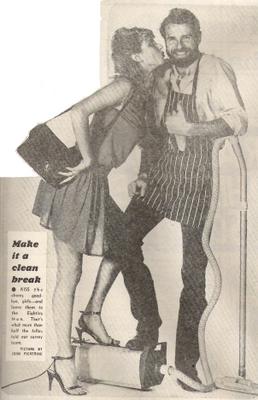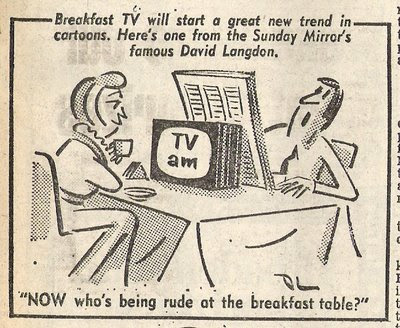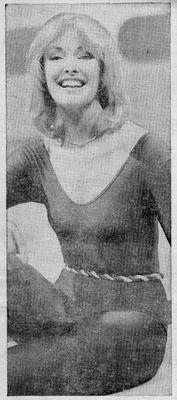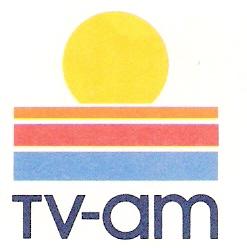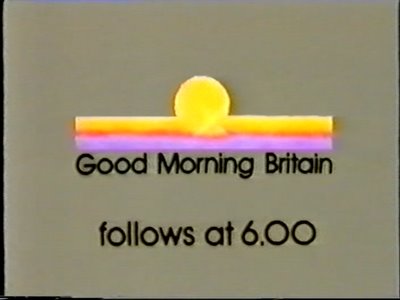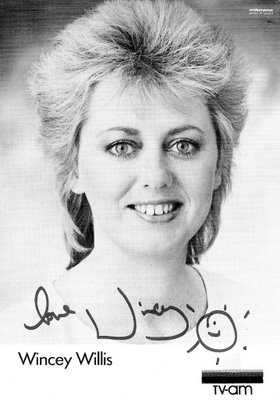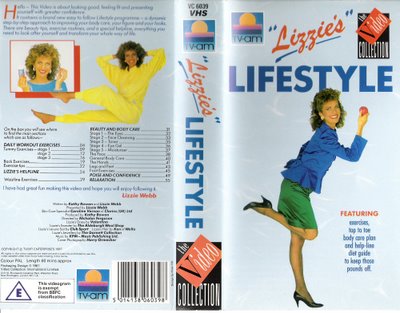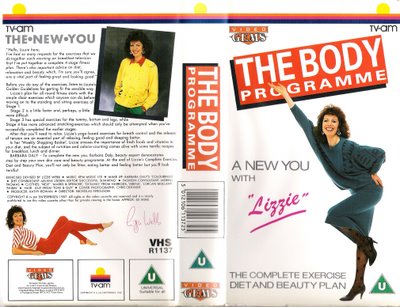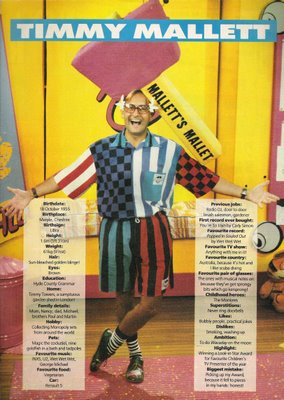 In August 1981, a group of women began a march from Cardiff, Wales, to Berkshire, England.
Their destination was the Greenham Common Airbase. The women were greatly concerned by the 1980 decision to site 96 Cruise missiles at the base.
In August 1981, a group of women began a march from Cardiff, Wales, to Berkshire, England.
Their destination was the Greenham Common Airbase. The women were greatly concerned by the 1980 decision to site 96 Cruise missiles at the base.
The women arrived at the airbase on 5 September, 1981.
The march of the "Women For Life On Earth" led to the establishment of the Greenham Common Peace Camp.
In December 1982, 30,000 women held hands to "embrace the base". Also in 1982, no doubt fuelled by the misandry of the Feminist Movement, a decision was taken that men should not be allowed to join the Peace Camp.
A good friend of mine, a troubled teenage girl, joined the camp and was sexually abused by some older women there, revealing that not all were there simply for the noble reason stated.
20th Century Words by John Ayto (1999, Oxford University Press), one of my favourite resources for tracing the origins of newer words, tracks "wimmin" to 1983:
wimmin n (1983) A semi-phonetic spelling of women, adopted by some feminists as one not containing the ending -men.
20th Century Words notes that the word "wimmin" had been used in the past "for suggesting a particular sort (or class) of accent" - (a character in a book might pronounce "women" as "wimmin") - "but the polemical purpose marks out a new usage."
Mr Ayto traces two early uses of the word "wimmin" in feminist circles to Greenham Common:
1983 Sunday Times: Return to Greenham Common, view the wool webs, the papier maché masks, the eccentric re-spelling of words like 'wimmin', the improbable cosiness of the little tents in a landscape of wire fencing and policemen.
1983 Listener: Meanwhile, what of the Peace Women ('wimmin' in feminist placards) camped outside Greenham Common?
At a time when concerns over a possible nuclear haulocaust were running high, the Peace Women mobilised to make their views known to the UK Government...
From the Daily Mirror, February 8, 1983:
TARZAN'S WAR
Minister felled by peace women
Defence Secretary Michael Heseltine was dragged to the ground last night by a crowd of peace women from Greenham Common.
Several of the women lay down in front of him as he arrived for a Tory meeting at nearby Newbury town hall, Berks.
A protester said that one of them planned to chain herself to the Minister, but failed and only managed to make him fall.
Mr Heseltine's wife Anne was also pushed and jostled as police dragged 60 women away.
Police considered calling in a helicopter after the meeting to airlift the Minister - nicknamed "Tarzan" - to safety as the crowd continued to protest against nuclear missiles.
Instead, local Tory MP Michael McNair Wilson created a diversion by dashing through the crowd surrounded by police as Mr Heseltine escaped through a side door.
Earlier, Mr Heseltine smiled as he brushed mud from his pinstripe trousers and combed his hair back into place after his fall.
He said: "It was obviously rather rough and I was pulled to the ground.
"I felt a few pushes and shoves but I wasn't hurt at all."
Mr Heseltine said that the behaviour of the women - who were protesting at the stationing of cruise missiles at Greenham - convinced him he was right not to meet the CND about uniliteral disarmament.
"Their minds are closed to all arguments," he said.
"It would be pointless trying to hold a sensible conversation with them."
One girl demonstrator was trampled and bruised during the scuffles. There were no arrests.
Earlier 64 women were arrested when a fence was cut at Greenham Common air base and demonstrators marched on to the airfield.
Twenty were still being held last night.
The first of the 96 Cruise missiles arrived at the base in November 1983. The decision of one of those 'wimmin' - Mrs Margaret Thatcher.
 Originally a sometimes windswept-looking woman with slightly wonky teeth, in the 1980s Margaret Thatcher changed. Her outfits grew smarter. Her hair grew bigger and stiffer. Her teeth grew straighter.
Originally a sometimes windswept-looking woman with slightly wonky teeth, in the 1980s Margaret Thatcher changed. Her outfits grew smarter. Her hair grew bigger and stiffer. Her teeth grew straighter.  Left: Untimely "Time", June 1983 - Mrs T's gappy pearlies were made perfect in 1982. Right: Mrs T shows a totally happy, absolutely non-gappy smile to the world, after she is elected for a second term in the 1983 General Election.
Left: Untimely "Time", June 1983 - Mrs T's gappy pearlies were made perfect in 1982. Right: Mrs T shows a totally happy, absolutely non-gappy smile to the world, after she is elected for a second term in the 1983 General Election.










